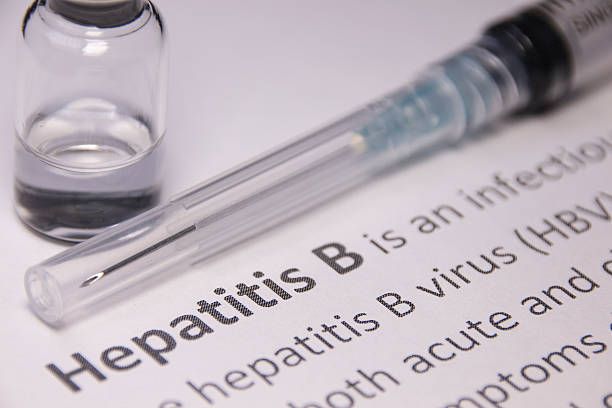
In a study published by The Lancet, researchers found 1,804 unique HBV clinical trials, yet only 18 (1.0%) of these involved the WHO African region. This highlights an urgent need for increased HBV clinical trials focused on testing the effectiveness of new treatments. Moreover, it is crucial to ensure that these interventions are distributed and implemented as they are developed, to address the significant health disparities that exist.
There is no indication that the quantity of HBV clinical trials in this area has seen any improvement over time. In the WHO African region, both the variety of new interventions and the level of industry sponsorship were minimal, with HBV trials falling short when compared to trials for other endemic infectious diseases.
“Our findings suggest that the location of HBV trials is not driven by clinical need, exacerbating substantial health inequities and reducing the chances of success in meeting HBV global elimination targets, as the people who are most in need of new interventions are the least likely to be able to access them,” according to investigators. “The burden of HBV infection and associated morbidity, alongside specific risk factors (host genetics, viral genetics, diet, and co-infections), should make populations in the WHO African region a priority for phase 3 and 4 clinical trials.”
3 Key Takeaways
- With only 18 out of 1,804 HBV clinical trials conducted in the WHO African region, there is a glaring underrepresentation that fails to address the high burden of HBV in the area.
- The quantity and variety of HBV clinical trials in the WHO African region have not seen significant improvement, highlighting a stagnant landscape of HBV research in areas of critical need.
- The study emphasizes the need for decolonizing global health research by ensuring that trials are driven by local needs and conducted in partnership with local stakeholders, ultimately aiming to tackle the region’s specific health challenges effectively.
The study’s insights into trial demographics are limited, partly because of the diverse challenges faced across the WHO African region, such as varying populations, healthcare systems, and regulations. This impacts the inclusion of vulnerable groups like asylum seekers, who are at higher risk for HBV but are underrepresented in research. Methodological issues arise from data inconsistencies in trial registries, including missing information and language barriers, and a lack of details on non-industry funding complicates understanding of HBV research financing in the region. Addressing these issues to broaden and diversify clinical trial populations requires improvements in clinical infrastructure, education, vaccine and treatment access, and increased investment in equitable healthcare.
“Enhanced clinical trial activity in the WHO African region will come together with the decolonization of global research, such that leadership and governance are owned by the country where the work is being done. Trials should be driven by local need, prioritizing those that tackle key local and regional challenges over those that will have little effect on local population health,” investigators wrote. “Development of HBV clinical trial activity needs to be done in partnership with local stakeholders, clinical teams, community leaders, and people with lived experience of HBV infection.”
There is a critical lack of investment in HBV clinical trials in the WHO African region, where a broad range of studies, from drug discovery to practical implementation, is essential to tackle the high rates of morbidity and mortality linked to chronic HBV infection. To address this gap, a concerted effort involving government, industry, donors, and increased community advocacy is necessary. Such efforts will not only generate crucial data to optimize current treatments but also facilitate the equitable distribution and utilization of new anti-HBV compounds as they emerge.
Reference
Delphin M, Mohammed K, Downs L, Lumley S, et. Al. Under-Representation of the WHO African Region in Clinical Trials of Interventions Against Hepatitis B Virus Infection. The Lancet. Published February 14, 2024. Accessed February 21, 2024. DOI: https://doi.org/10.1016/S2468-1253(23)00315-1









Can you be more specific about the content of your article? After reading it, I still have some doubts. Hope you can help me. https://accounts.binance.com/da-DK/register-person?ref=V2H9AFPY